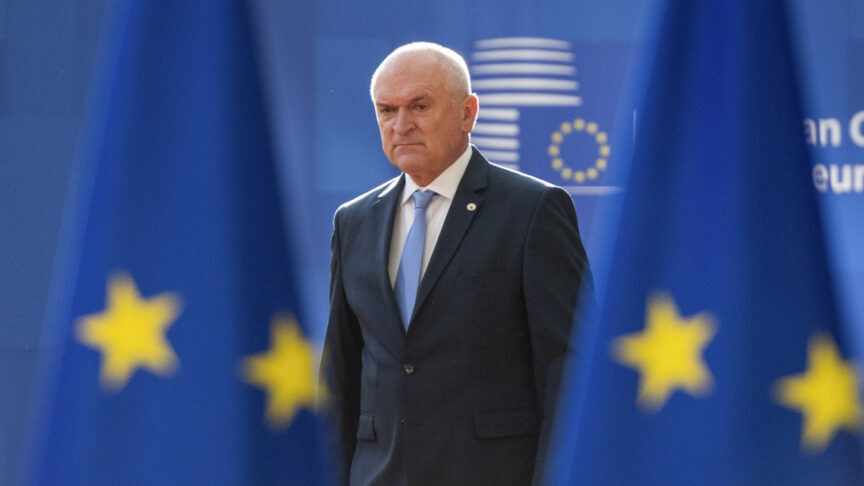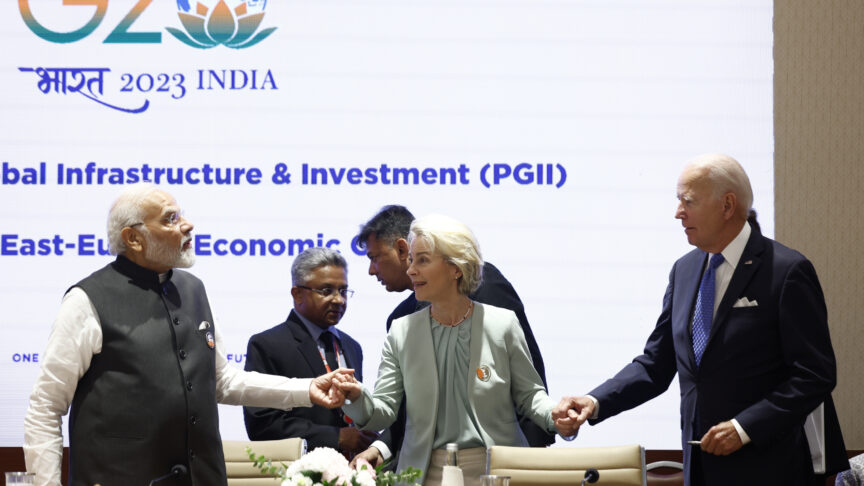Understanding eastern European attitudes on refugees
Why Germany's Willkommenskultur is a tough model for eastern Europe to follow
Observing the different reaction to the refugee crisis and the obvious disparity between East and Western Europe in terms of solidarity and compassion for the people fleeing to Europe, a new discussion on the common understanding of European values has emerged amongst European opinion leaders. Is Eastern Europe really lacking behind in solidarity? Do comments by some politicians that their countries should only take Christian refugees pose a danger to Europe’s secular posture? Any why is the reaction in central and eastern Europe to the refugee crisis so different, particularly from the German Willkommenskultur?
But while each of the statements might be debated content-wise, one should not overemphasise the differences in political culture. In fact, the discussion on migration and “cultural homogeneity” in Britain and France is no less emotional or irrational than in Poland or Hungary. In this sense eastern Europe is fully integrated in Europe’s own struggle for defining a post-modern identity. And while Germany’s role in coping with the crisis deserves credit, one should not overlook profound structural differences in German society compared to the newer member states that make any comparison very difficult.
Germany’s experience with massive waves of migrants is nothing new. There have been major shifts in the (West) German population caused by the the movement of borders after world war two and the expulsion of millions of Germans from eastern Europe. Only Poland, being shifted westwards on Stalin’s demands, went through comparably dramatic experiences.
Eastern Europe is fully integrated in Europe’s own struggle for defining a post-modern identity
But Germany, like most western European countries, also has a long record of receiving migrants from non-neighbourhood countries. Germany has a record of experience in dealing with immigrants from the Western Balkans, the post-Soviet Space, Turkey, the Levant (particularly Lebanon) and Iran. These communities not only provide a role model for how (and sometimes for how not) to integrate new arrivals, they also act as a local facilitator on a communal level. New migrants and refugees can easier attach to them. It provides a pool of translators, teachers and the like for the expanding voluntary service dealing with the refugees. And there are well established organisations taking care of the refugees, also politically speaking on their behalf. Such actors, organisations, or family support networks are entirely absent in eastern Europe, limiting their practical ability to absorb larger numbers of migrants at a time.
And there are no representatives of non-European migrant communities in the political class in eastern Europe. In Germany on the other hand, they are very well established/ and provide a vivid example to the German population that other ethnic or religious groups can be well integrated in society. And they aren’tmere agents of influence for other countries; the smartest critics of Erdogan in Germany are not right-wing parties, but the Turkish and Kurdish members of established German parties. Embodying European values of secularism, democracy, and tolerance, they do not hesitate to criticise the leaders of their countries of origin. And their morale authority to speak for the case of refugees is even bigger. The absence of such examples makes it much easier for populists to denounce non-European or non-Christian refugees as an inherent threat to security or the social fabric.
Moreover, there are well-established intellectual contacts between Germany, the Levant and North Africa. There are numerous of scholars to explain the political and humanitarian situations in Syria, Libya, Iraq, or Nigeria. News agencies have reporters on the ground, giving the German audience a vivid imagination about what people have to endure when confronted with IS or Boko Haram. Such access to first-hand news and analysis is limited for smaller post-communist countries. The few practical experiences rather stem from soldiers being posted to Iraq and Afghanistan alongside coalition force, which by default leads to a very different personal recollection of the Middle East or African societies.
And last but not least, one should not forget that many states, especially in south east Europe, are simply overwhelmed with the burden of managing the influx of refugees. Being on the receiving end of a flow of refugees is not only a matter of the political climate. It is a burdensome administrative process (medical checks, issuing of preliminary documents, documenting the case, comparing the data with intelligence data) and financial and management effort (providing shelter, work or income, humane transportation) that simply is beyond the capacity of many states particularly in south east Europe. And this is especially true for states that are on the edge of being a failed state themselves like Greece or Macedonia. Being anxious about one’s own capabilities to manage the crisis creates a sense of insecurity on its own that slowly infiltrates the political debate. Without practical assistance of Europe in managing this flow, the amount of insecurity – and resentment – will only grow.
At the end, the populist outbursts of Victor Orban or Robert Fico might be deplorable, but they are not representative for all of eastern Europe. And while pointing fingers is easy, enhancing the capacity of eastern European societies and states to successfully cope with the current challenge will take some assistance, advice, and above all time.
The European Council on Foreign Relations does not take collective positions. ECFR publications only represent the views of their individual authors.


